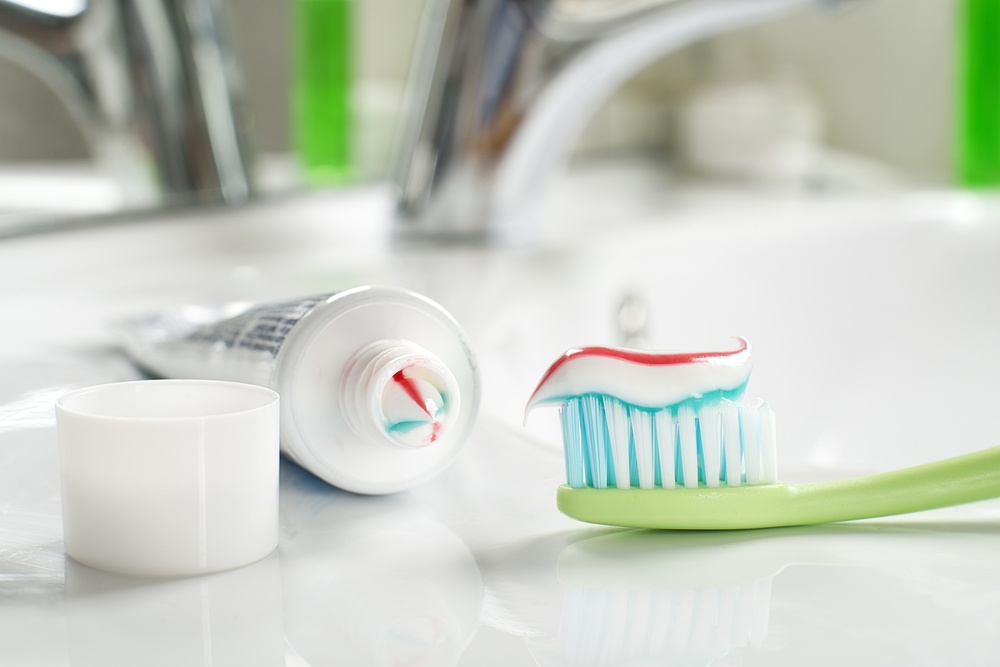What You Need to Know About Fluoride
Referred to by the American Dental Association as, “nature’s cavity fighter,” fluoride is a mineral that dentists have discovered aids in cavity prevention. But, how does it work? And what exactly does fluoride do to prevent cavities? Is it sorcery? Read on to learn more about the magic mineral and how you can add it to your daily routine.
Each day, your teeth encounter a variety of minerals and each day minerals are sloughed from your teeth. It’s a normal process that happens to everyone, but the removal of minerals from the tooth’s enamel can be harmful if not replaced. Minerals are removed from the teeth by acids like plaque and bacteria such as sugars that strip away the helpful minerals, such as calcium and fluoride. If too many minerals are stripped and not replaced, tooth decay can occur.

That’s where fluoride comes in. Fluoride can help in the prevention of tooth decay and cavities by strengthening your teeth so they can fight off harmful bacteria and plaque easier than without it. In some instances and when used regularly, fluoride can even reverse early signs of tooth decay. And in children under the age of 6 years old, the use of fluoride can help teeth grow and become strong and aid in even stronger adult teeth.
Fortunately, fluoride is available in a few different forms- and one that may surprise you. Fluoride naturally occurs in normal drinking water, but unfortunately, there is not enough to have a positive and lasting effect on teeth. You can find bottled, fluoridated drinking water at your local supermarket for a minuscule cost. This water has added fluoride (don’t worry-it’s tasteless!) that will give your teeth the protection they need. Fluoridated water is safe for both children and babies to drink and will aid in giving them strong teeth for the rest of their life, so a simple investment in drinking a little fluoridated water will pay dividends for your children.
Some communities are even making moves to put additional fluoride in their drinking water, which means no need to purchase additional bottles. This investment in dental health for an entire community will hopefully set the standards for other communities moving forward.
Fluoride is also found in certain mouthwashes and toothpaste, which means another easy way to add this form of protection to your dental hygiene routine. A toothpaste or mouthwash that has fluoride will say so in the ingredients or even on the front of the packaging, so next time you’re in the store, take a look!
While fluoride is important to everyone, there are a few groups of people who should be even more mindful about getting a healthy dose of fluoride each day. Those who are more prone to tooth decay or bacteria growth, like those with a chronic dry mouth, gum disease, those with crowns or braces and those with a hefty history of cavities should take extra care when getting their fluoride.
The chances are extremely rare, but taking in excess amounts of fluoride can cause a condition called Fluorosis. Fluorosis is when too much fluoride is ingested (think swallowing too much toothpaste on a daily basis or being obsessive about your fluoride intake). Adults are less likely to experience this than children, so be sure to monitor when your child brushes their teeth and remind them not to swallow too much toothpaste or mouthwash.
If you’d like to learn more about making fluoride a part of your family’s daily routine, then schedule an appointment with the friendly team at West Chester Dental Arts! We’ll be glad to educate you and help you achieve your healthiest smile yet!



